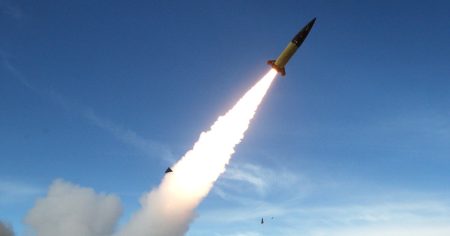A Spanish judge has reopened a probe into the suspected spying on the cellphone of Spain’s prime minister after receiving a request to collaborate with a similar investigation in France. The judge with Spain’s National Court said there is reason to believe that the new information provided by France can “allow the investigations to advance.” Both probes concern the alleged use of Pegasus spyware developed by the Israeli NSO Group. The spyware silently infiltrates phones or other devices to harvest data and potentially spy on their owners. NSO asserts that it is only made available to governments for fighting terrorism and other security threats. Pegasus has been used to target more than 1,000 people across 50 countries, including activists and journalists, according to security researchers and a 2021 global media investigation.
Spain announced in May 2022 that Prime Minister Pedro Sánchez and three of his ministers, including the ministers of defense and interior, had been targeted by Pegasus spyware. The resulting judicial probe was provisionally shelved when it failed to get results. French President Emmanuel Macron and several of his ministers have also been allegedly targeted by Pegasus. In a separate case of alleged Pegasus spying in Spain, Spain’s government has admitted to using it to hack phones of leading Catalan separatists. The reopening of the probe in Spain suggests that there may be new information or evidence that could shed light on the extent of the spying activities and potentially hold those responsible accountable.
The use of Pegasus spyware to target government officials, activists, and journalists has raised concerns about privacy and surveillance issues. The fact that such powerful surveillance technology can be used by governments to monitor and target individuals without their knowledge or consent is troubling. The NSO Group’s assertion that Pegasus is only intended for use in combating terrorism and security threats may be called into question given the wide-ranging targets of the spyware. The collaboration between Spanish and French investigators in probing the use of Pegasus suggests a coordinated effort to uncover the truth behind these alleged spying activities.
The impact of the Pegasus spyware scandal extends beyond individual targets to broader questions about the balance between national security and individual privacy rights. The revelations of government officials being targeted by surveillance technologies like Pegasus highlight the vulnerabilities of digital communication and the potential for abuse of power. The reopening of the probe in Spain indicates a commitment to uncovering the truth and holding those responsible for any illegal surveillance accountable. As the investigations progress, it will be important to examine the legality and ethical implications of using spyware like Pegasus for surveillance purposes.
The international nature of the Pegasus spyware scandal, with targets in multiple countries and governments implicated in alleged surveillance activities, underscores the need for global cooperation in addressing surveillance and privacy issues. The collaboration between Spanish and French investigators demonstrates a shared commitment to investigating the use of Pegasus and holding those responsible accountable. The growing awareness of the threats posed by sophisticated surveillance technologies like Pegasus will likely lead to increased scrutiny of government surveillance practices and calls for stronger safeguards to protect individual privacy rights. The reopening of the probe in Spain represents a step towards greater transparency and accountability in the use of surveillance technologies by governments.















